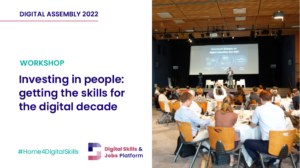
Over 70 representatives of businesses, public authorities, academia, ICT associations and NGOs gathered at Digital Assembly in Toulouse to find solutions for the growing digital skills gap in Europe. They agreed that only collaboration across borders and domains will bring the EU closer to the Digital Decade targets of having 20 million ICT specialists, with gender convergence, and 80% of EU population with at least basic digital skills by 2030.
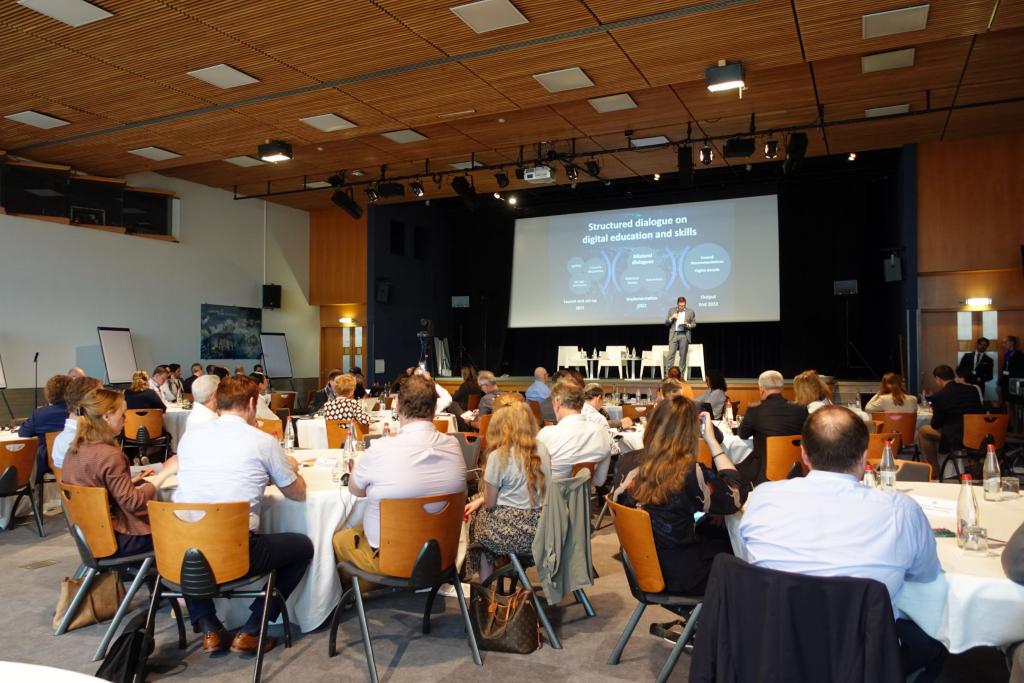
The first panel highlighted the importance of training and retaining skilled workers. Aniss Gaaya from Airbus shared the example of his company’s reskilling opportunities for employees. He described how in the last 3 years Airbus has trained over 1000 of employees in data science. For similar initiatives to be successful, the company first had to understand the skill needs and the future occupational profiles.
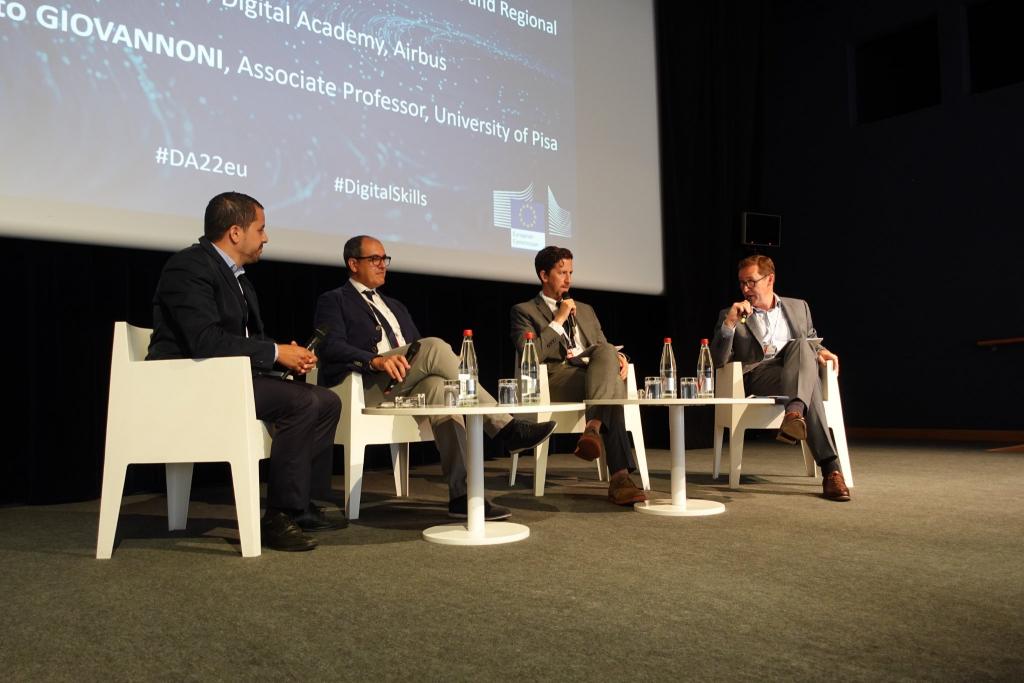
Josef Lannemyr from the Swedish Agency of Economic and regional growth called for more experts with combined skills from traditional disciplines and digital technologies (doctor with specialization on AI, lawyer with cybersecurity skills, etc). This new demand for combined profiles requires a shift into more multidisciplinary academic programmes. However, according to Roberto Giovannoni from the University of Pisa, the education system is currently not able to deliver more graduates to fulfill the demand on job market. More flexible modular programmes that combine academic training and on the job experience (shorter training courses) could help to increase the number of digital experts.
After the panel, workshop participants discussed challenges and possible solutions in smaller groups. Some of the suggestions from the participants were:
• Foster digital culture in your organization to attract and retain competent staff
• Innovate education and offer work & study contracts for employees
• Tackle stereotypes in schools, families and media to bridge the gender gap in technology
• Raise awareness and motivate people to get trained to ensure digital inclusion
• Work together within existing groups and with like-minded partners and share good practices
• Employees, employers and government should direct funding to appropriate programmes
You can find further insights into the concrete solutions in this digital board.
The 2nd panel talked about the EU’s strategic autonomy in technology and the need to retain and attract talented people to Europe. Member of the European Parliament Lina Gálvez Muñoz reminded about the gender gap in tech and called for role-model actions to encourage girls to consider ICT studies and job. Samia Ghozlane from the Grande Ecole de Numerique added that it is necessary to explain to women and girls that digital jobs are about creating something meaningful with social impact.
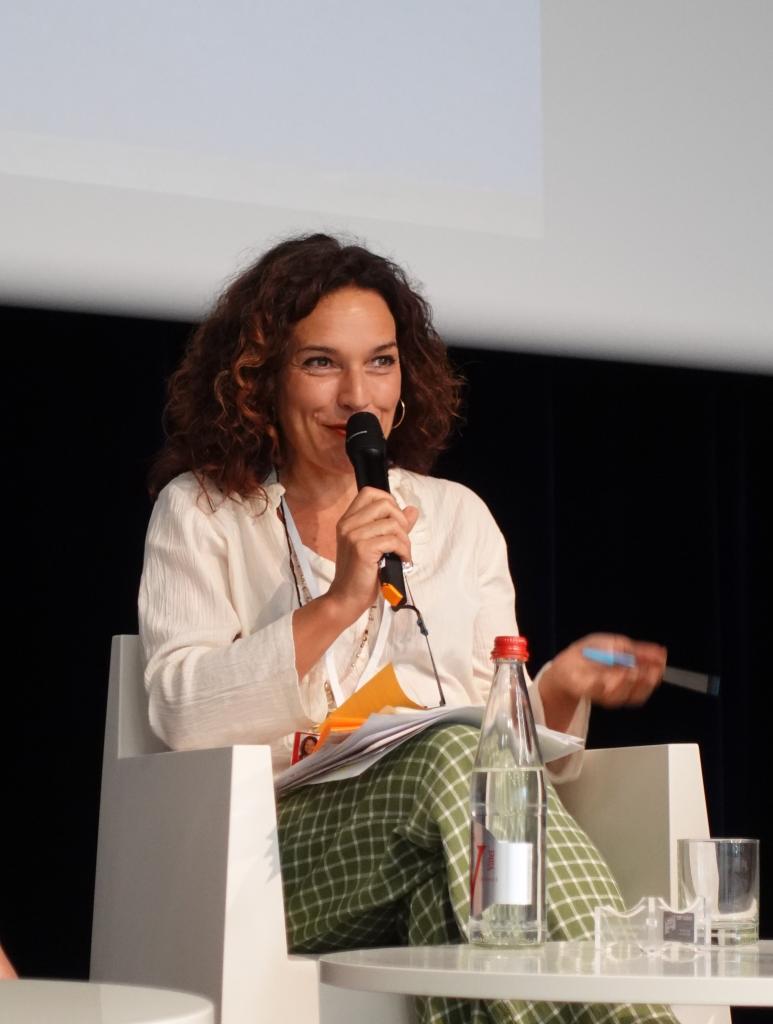
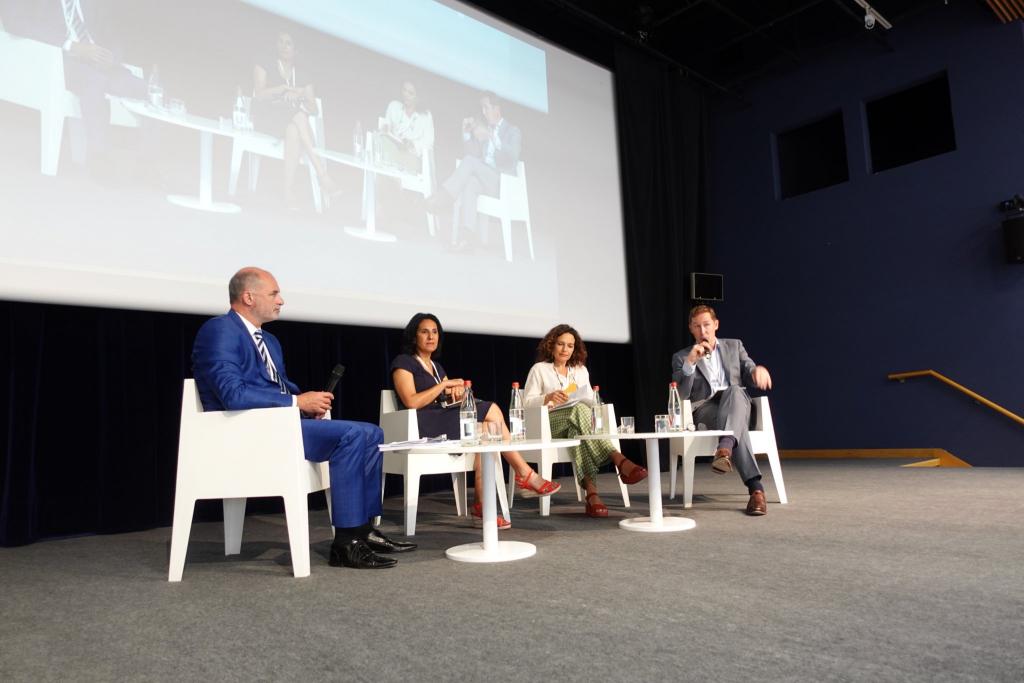
Mário Lelovský from the Slovak National coalition for digital skills and jobs talked about the importance of political leadership and willingness to cooperate at national level (academia, business and government). He also mentioned the importance of digital experts in the future reconstruction of Ukraine.
If you would like to know more details on the outcomes of the workshop, a full detailed report is now available. The results will contribute to the stakeholder consultation on the ongoing Structured Dialogue on digital skills and education, which aims to offer future recommendations.
Watch the recording of the workshop here. Photos from the workshop can be found here.
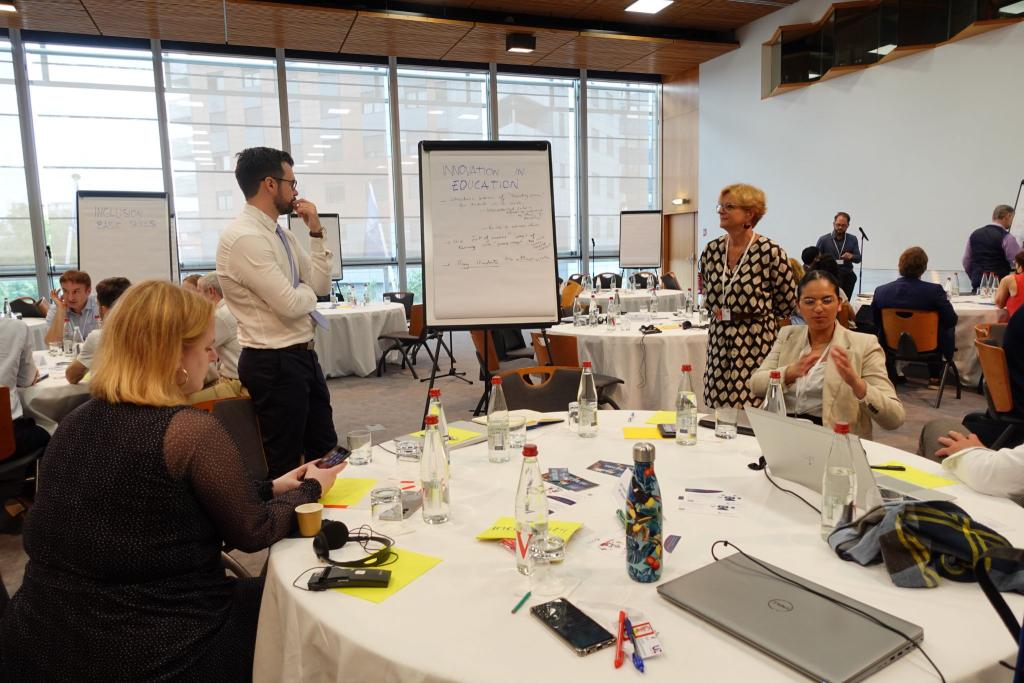
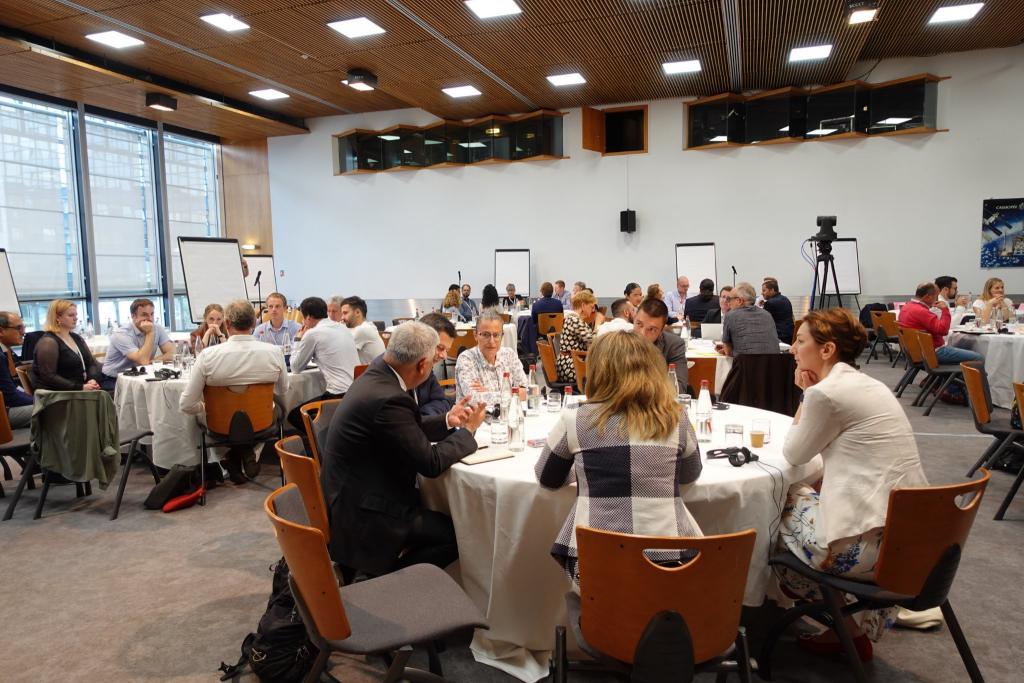
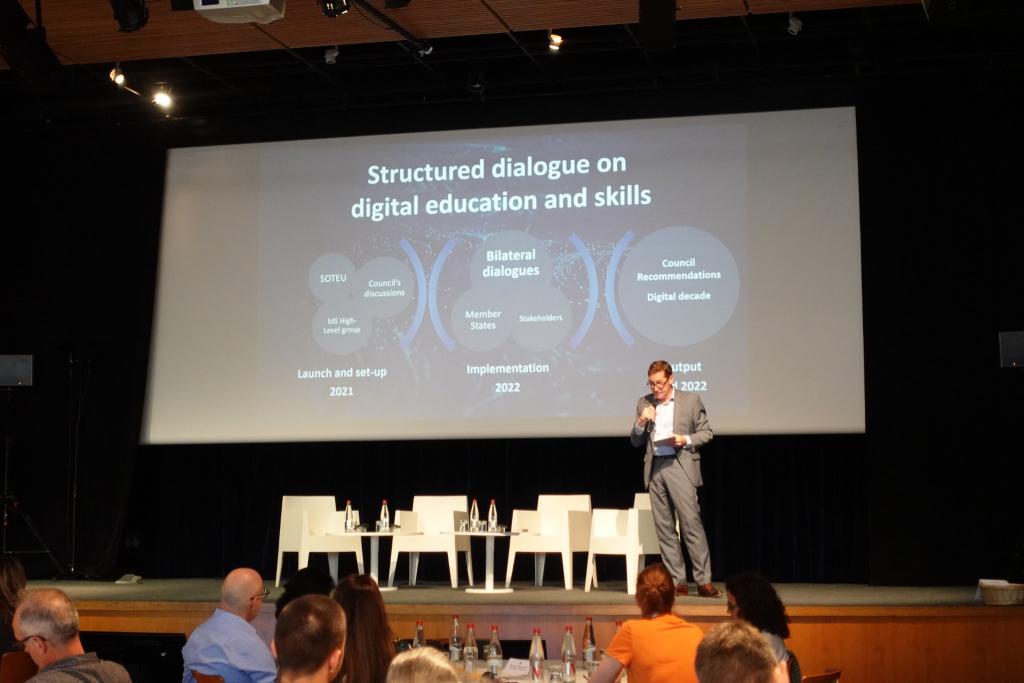
© The Digital Skills and Jobs Platform, 2022


